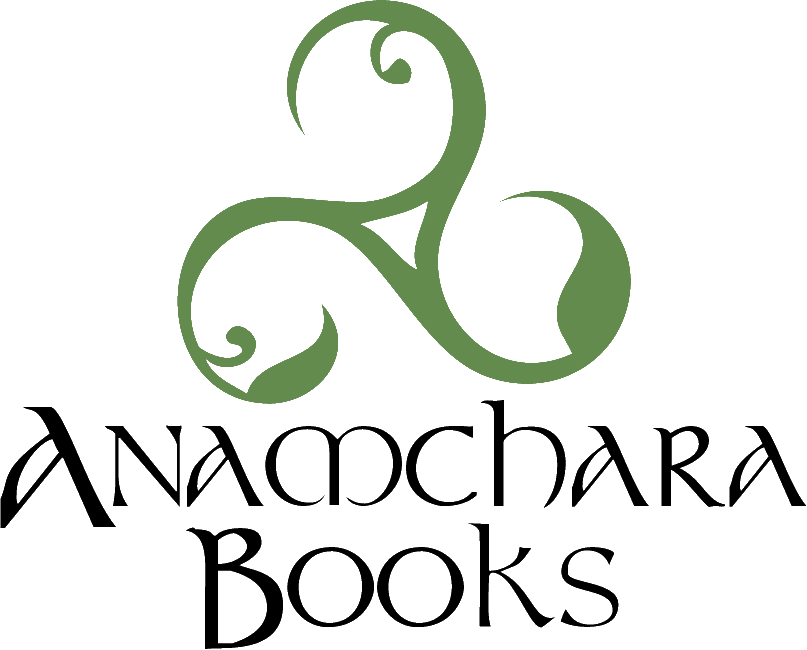Creativity and the Meaning of Life by Ellyn Sanna
/I've been reading three novels during the last week: Duma Key by Stephen King, Every Heart a Doorway by Seanan McGuire, and Asta's Book by Barbara Vine. They're quite different books but they have each talked about the creative power to not only find meaning in life but to make it. "Start with what you know," Stephen King writes, "then reinvent it. Art is magic, no argument there, but all art, no matter how strange, starts in the humble everyday." Seanan McGuire says: "The habit of narration, of crafting something miraculous out of the commonplace...was, in its own way, a method of keeping oneself grounded, connected to the thin thread of continuity that ran through all lives, no matter how strange they might become. Narrate the impossible things, turn them into a story, and they could be controlled." In Asta's Book, Barbara Vine tells of a woman who narrates her own life in a notebook; her life is as tragic and dismal as it was before, and yet the act of narration gives her hope, lends meaning to her life.
I too write to both find the meaning of my life and to create it. As authors, we tell our own stories over and over. People have asked me how much of The Thread (which I wrote under the pseudonym Lucie Stone) is based on my own life. All of it, of course! That said, my father never sexually abused me, nor was my older brother murdered as a child. And yet it is my own story, just as I'm certain that Duma Key is Stephen King's, despite the fact that he probably never encountered a powerful statue of an ancient and evil goddess.
Facts and truth are not always the same. My facts are not your facts—but maybe truth is simply truth. Stephen King's truth is everyone's truth, and so is Seanan McGuire's and Barbara Vine's. We reinvent what we know, turn it into something strange and wonderful—or terrifying—and somehow it becomes everyone's story. It widens the swathe of meaning we perceive in our own lives. It sheds light. And it creates an environment where more new things can come into the world.
Are we all called to do this, in one way or another? Not just the authors, musicians, dancers, painters, sculptors, actors—but all of us? I'm not sure, but I suspect we are. We won't all write novels or paint pictures or make music, but we all process our own lives, digest them, you might say, and then we create something new from them that we pass along to others, even if it's so small we barely notice what we're doing. If we allow ourselves the time and space, we are the catalysts that bring meaning out of life's chaos, which we then send out into the world in the form of words and laughter, dance and touch, meals and music.
Human creativity changes the world. It's reciprocal as well; it changes the person who is creative in ways she didn't expect. As I wrote The Thread, I learned as much from the Grandmother as Callie did.
Creativity isn't easy, and I don't think it happens automatically. It takes effort. The creation of the Earth took eons of evolution to accomplish. Christ's creative act on the Cross required his physical death in order to bring about new life. And we too experience both forms of creation—the long, slow kind where change comes imperceptibly to ourselves and the world around us, as well as the kind that asks that we die in some way or another before something new can come into being.
In my morning nonfiction reading, I came across this, written by Andrey Tarkovsky, the Russian film director: "The aim of art is to prepare a person for death, to plough and harrow his soul, rendering it capable of turning to good." Your creativity turns my soil and mine turns yours; my creativity harrows my very being, as yours does you. Together, we can face even the dark unknown realm of death, believing that the creative power that connects us to God will shed light even there.



